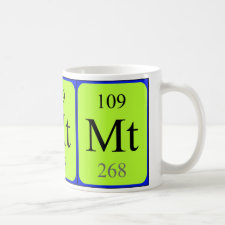
Authors: Del Blanco SG, Donato L, Drioli E
Article Title: Development of molecularly imprinted membranes for selective recognition of primary amines in organic medium.
Publication date: 2012
Journal: Separation and Purification Technology
Volume: 87
Issue: (1)
Page numbers: 40-46.
DOI: 10.1016/j.seppur.2011.11.018
Alternative URL: http://www.sciencedirect.com/science/article/pii/S1383586611006629
Abstract: Imprinting technique, coupled with membrane technology was used in order to prepare solvent resistant molecularly imprinted membranes with controlled specificity for the primary aromatic amine 4,4'-methylendianiline. Polyacrylonitrile and its different copolymers such as Poly(acrylonitrile-co-acrylic acid), Poly(acrylonitrile-co-methacrylic acid) and Poly(acrylonitrile-co-itaconic acid), were selected as materials to prepare the membranes. The different polymers, were synthesized by the water-phase precipitation polymerization method and membranes were prepared via the phase inversion technique. Their recognition properties and separation behaviour for target molecule and other structural analogue were investigated performing binding experiments in IPA. Results showed that all imprinted membranes specifically recognize the template in different extent. Imprinted membranes prepared with Poly(acrylonitrile-co-acrylic acid) were competitive with those prepared using the other two copolymers and exhibited the highest specific binding capacity towards the template (2.6 μmol/gmemb). In addition, they were selective with respect to the other primary amine aniline and 4,4'-ethylendianiline. On the contrary, Polyacrylonitrile and blank membranes, showed only a non-specific binding
Template and target information: 4,4'-methylendianiline
Author keywords: Primary aromatic amines, Organic medium, molecularly imprinted membranes, Specific binding, selectivity



Join the Society for Molecular Imprinting

New items RSS feed
Sign-up for e-mail updates:
Choose between receiving an occasional newsletter or more frequent e-mail alerts.
Click here to go to the sign-up page.
Is your name elemental or peptidic? Enter your name and find out by clicking either of the buttons below!
Other products you may like:
 MIPdatabase
MIPdatabase









